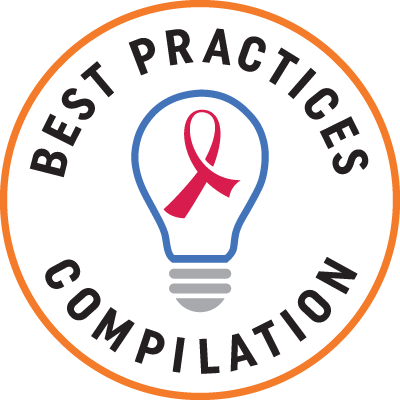Part D - Women, Infants, Children, Youth
Part D of HRSA's Ryan White HIV/AIDS Program (RWHAP) provides outpatient family-centered care for women, infants, children, and youth with HIV/AIDS. Medical care and support services are the same as provided by other Ryan White agencies, with the difference being attention to specific needs of women and their families.
- RWHAP programs can contact HRSA project officers and technical assistance and training partners for support.
- Use the Ryan White Community Map or Program Locator to find a RWHAP recipient.
Questions about Part D? Email [email protected].
Website
- HRSA HIV/AIDS Bureau (HAB)
Best Practices
- Next Step and Mass CARE
- Best Practices Compilation
- Best Practices Compilation
- Best Practices Compilation
Technical Assistance
HRSA recipients' first point-of-contact for managing federal grants and accessing training and technical assistance.
Help with the RSR, ADR, CDR, EHE, HIVQM, and AETC data systems. Project period: 2020-2025.
Help with HRSA Electronic Handbooks (EHB) - 877-464-4772 - 8am-8pm ET, M-F - Contact HRSA About the EHB
 Platform for RWHAP Part D recipients to increase the delivery of care innovations; increase the skills of staffing working with women, infant, children and youth; and support partner collaboration for dissemination of best practices.
Platform for RWHAP Part D recipients to increase the delivery of care innovations; increase the skills of staffing working with women, infant, children and youth; and support partner collaboration for dissemination of best practices. Initiative documenting best practice strategies and interventions that have been shown to improve HIV outcomes in a "real world" setting and can be replicated by other programs. Project period: 2021-2024.
Initiative documenting best practice strategies and interventions that have been shown to improve HIV outcomes in a "real world" setting and can be replicated by other programs. Project period: 2021-2024.RSR, ADR, HIVQM, PTR, AETC, DSR, GCMS, EHE - 888-640-9356 - 10am-6:30pm ET, M-F [email protected] Project period: 2022-2026.